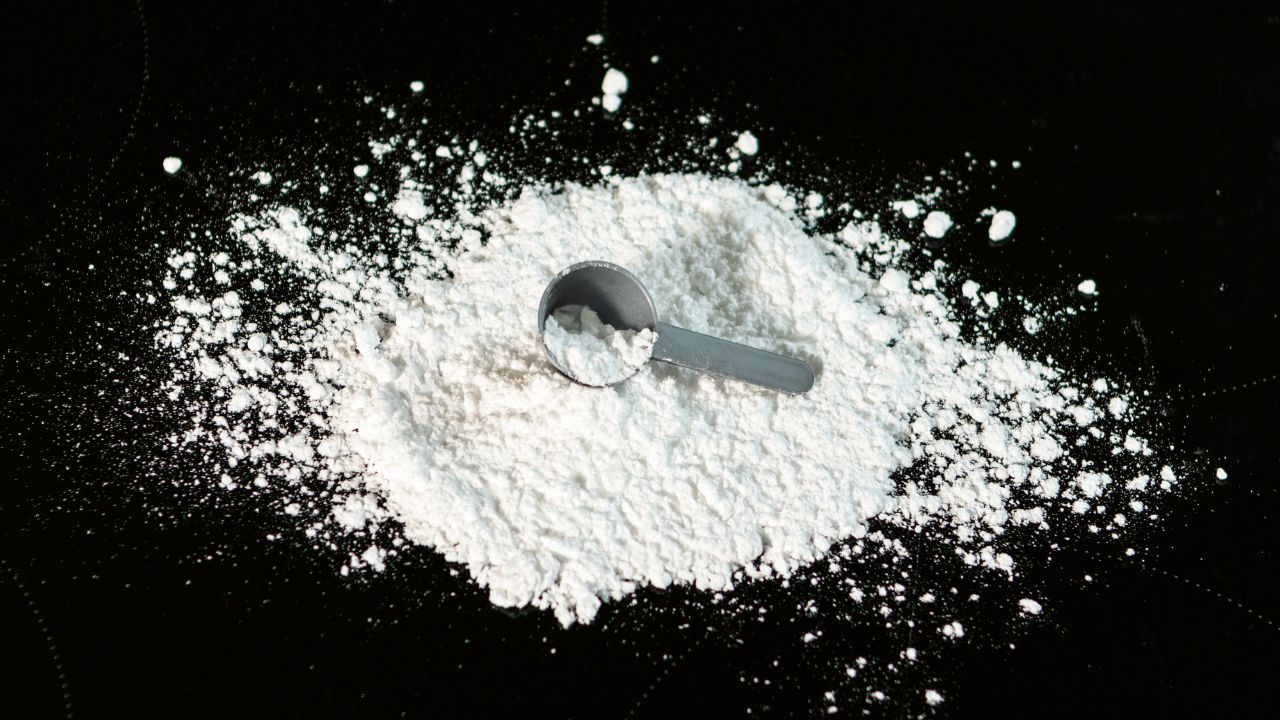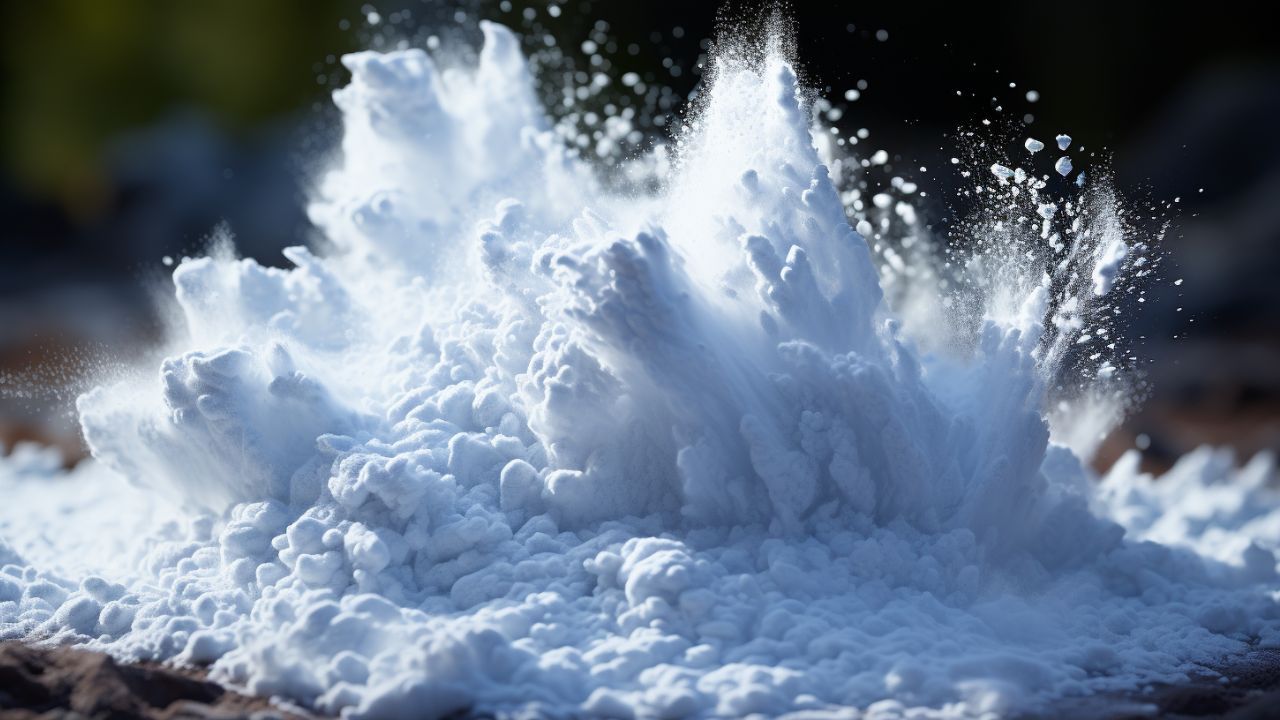
Creatine HCL vs Monohydrate | Boost Your Performance
Dive into the science of Creatine HCL vs Monohydrate. Find out which one powers your performance to the max!
Welcome to our in-depth exploration of Creatine Hydrochloride (HCL) and Creatine Monohydrate, two of the most widely used dietary supplements in the fitness world.
If you're looking to take your workout performance and muscle gains to the next level, you've likely considered creatine supplementation.
But with so many options available, it's crucial to understand the science behind these two creatine forms to make an informed choice.
In this article, we'll take a closer look at Creatine HCL and Creatine Monohydrate, their chemical structures, and how they work in your body.
A Brief Overview of Creatine
Before we dive into the specifics, let's start with a brief overview of creatine.
Creatine plays a pivotal role in energy production, particularly during short bursts of high-intensity activities, like weightlifting, sprinting, or jumping.
Introduction to the Focus: Creatine HCL vs. Monohydrate
In the world of creatine supplements, two forms stand out: Creatine Hydrochloride (HCL) and Creatine Monohydrate.
These forms have gained popularity for their potential to enhance athletic performance, muscle size, and strength. But choosing between them can be challenging, especially if you're unsure of their differences and how they work.
Here's where understanding the science becomes crucial.
By delving into the scientific aspects of Creatine HCL and Monohydrate, you can make an informed decision tailored to your fitness goals.
Understanding Creatine
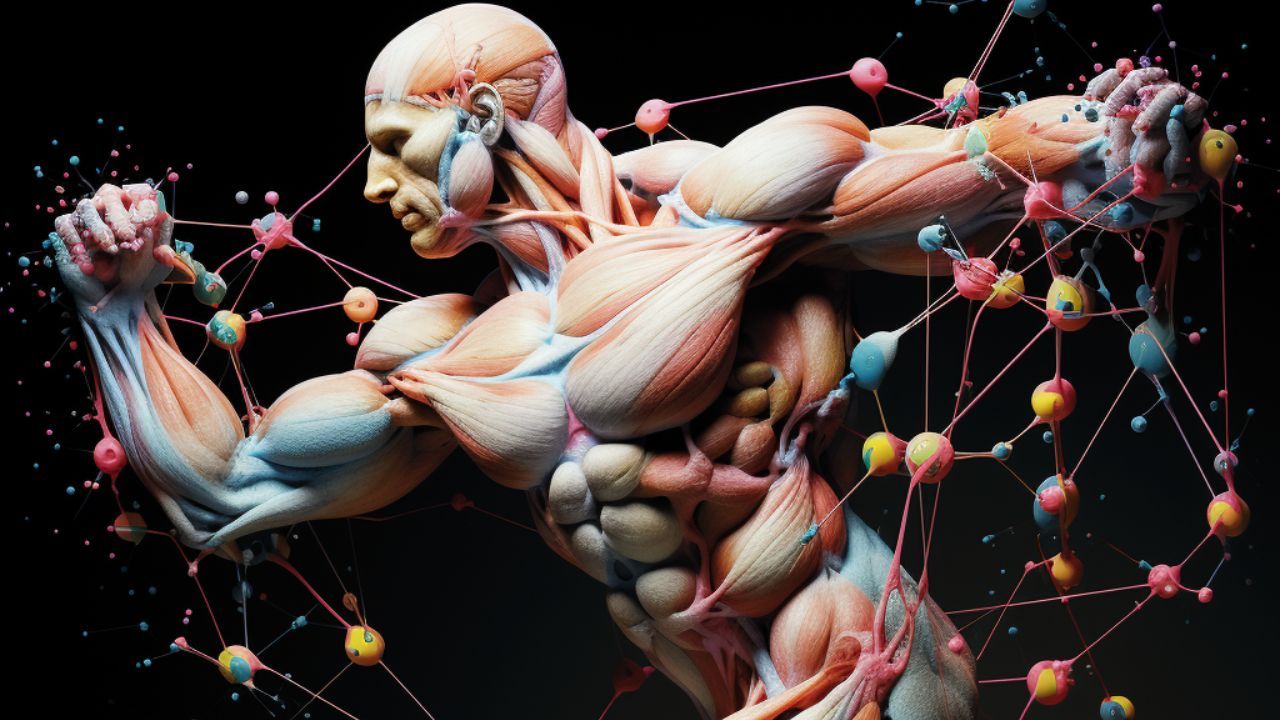
The Role of Creatine in Energy Production
Creatine is your body's secret weapon for quick bursts of energy. It's like having a reserve of high-octane fuel for short, intense activities.
When you perform activities like lifting weights or sprinting, your muscles need a rapid source of energy to contract with power.
This is where creatine steps in!
Creatine helps recycle ATP, allowing your muscles to sustain their performance during those crucial moments.
Think of it as a rechargeable battery for your muscle cells. It can make the difference between that extra bench press rep or sprinting that last 100 meters.
The Creatine Molecule's Structure and Significance
Now, let's zoom in on the creatine molecule itself.
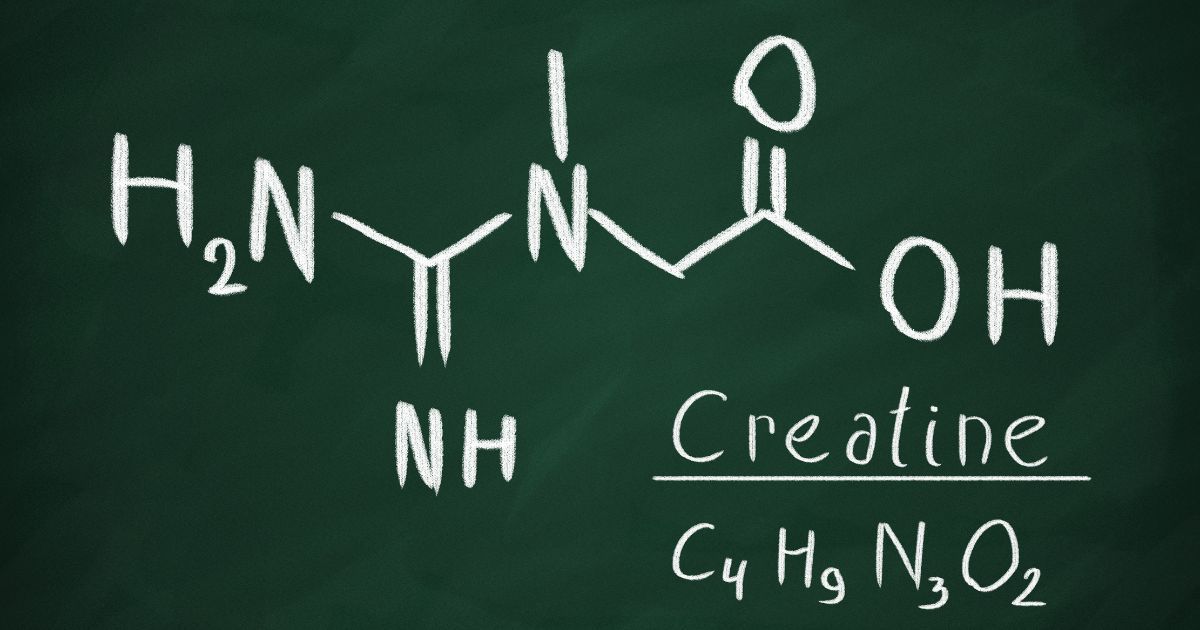
Its chemical structure is fascinating and plays a pivotal role in its function. The molecule resembles a tiny powerhouse with the ability to store and release energy rapidly.
The creatine molecule's structure allows it to bind with a phosphate group, forming creatine phosphate.
This compound stores high-energy phosphate bonds that can be readily broken to generate ATP when your muscles need it most. It's this unique structure that makes creatine such an effective supplement for athletes and fitness enthusiasts.
Natural Sources of Creatine

Red meat, particularly beef, is a good source of dietary creatine.
However, to reach the levels often used in research and recommended for supplementation, you would need to consume a substantial amount of meat.
This is where creatine supplements come into play, allowing you to optimize your creatine stores for better athletic performance and muscle growth.
Creatine Monohydrate
Now that we've laid the foundation for understanding creatine, let's take a deep dive into Creatine Monohydrate, one of the most researched and widely used forms of creatine supplementation.
Creatine Monohydrate, as the name suggests, consists of a creatine molecule bound to a water molecule.
This water molecule contributes to its stability and ease of absorption in your body. The chemical formula of Creatine Monohydrate is C4H9N3O2H2O.
Mechanism of Action in the Body
Creatine Monohydrate's mechanism of action is fascinating.
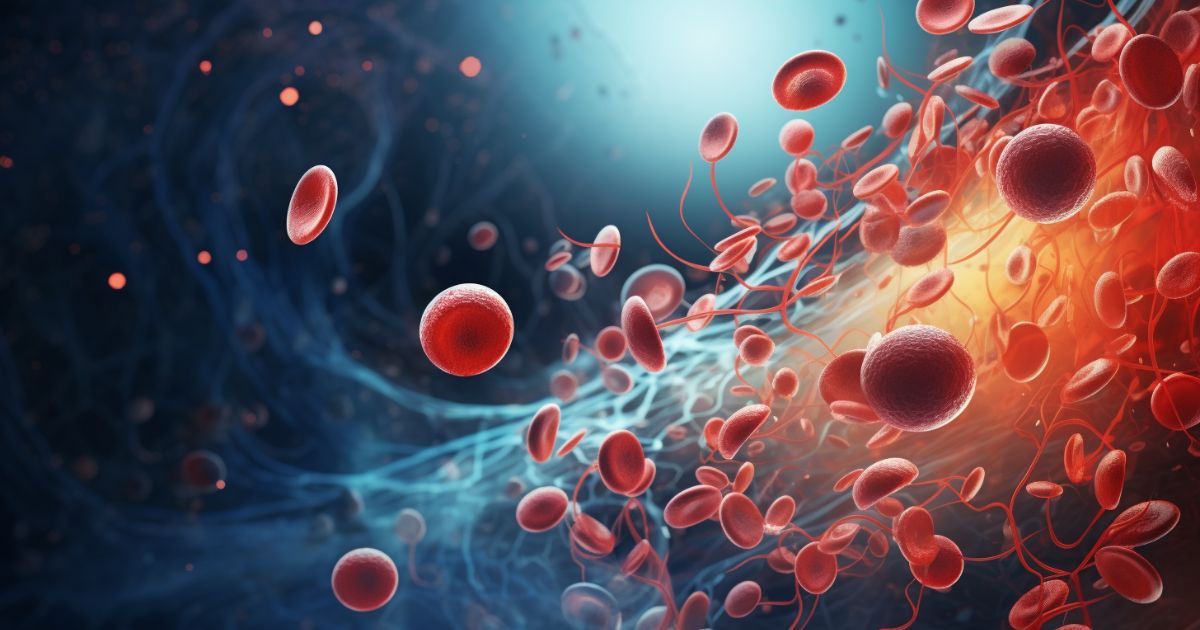
Once ingested, it enters your bloodstream and is transported to your muscles, where it's stored as creatine phosphate.
During high-intensity activities like weightlifting or sprinting, your muscles rapidly break down ATP to release energy.
Here's where Creatine Monohydrate shines: it can quickly replenish ATP stocks by donating a phosphate group to ADP, forming ATP again.
This cycle continues as long as there's an adequate supply of Creatine Monohydrate in your muscles. It's this mechanism that fuels your performance and allows you to go that extra mile in your workouts.
Scientific Evidence Supporting its Effectiveness

1. Muscle Mass and Strength Gains: Numerous studies have shown that Creatine Monohydrate supplementation can lead to significant increases in lean body mass and strength.
2. Exercise Performance Improvement: Beyond strength gains, Creatine Monohydrate has been shown to improve exercise performance.
3. Positive Effects on Body Composition: If you're aiming to improve your body composition by increasing lean muscle mass, Creatine Monohydrate can be a valuable ally. Research indicates that it can help you achieve a leaner physique by promoting muscle growth while minimizing fat gain.
Creatine HCL (Hydrochloride)

Now, let's turn our attention to Creatine Hydrochloride, often referred to as Creatine HCL. This form of creatine has gained attention for its unique properties.
Creatine HCL is creatine bonded with hydrochloric acid, resulting in a more acidic and water-soluble form. Its chemical formula is C4H9N3O2HCl.
Mechanism of Action in the Body
Creatine HCL operates on the same fundamental principles as Creatine Monohydrate.
It enters your bloodstream, travels to your muscles, and is stored as creatine phosphate.
However, its increased water solubility may have implications for how it's absorbed in the body.
Comparing Water Solubility between HCL and Monohydrate
One notable distinction between Creatine HCL and Monohydrate is water solubility.
Scientific Evidence Supporting its Effectiveness

1. Muscle Size and Strength Gains: Research on Creatine HCL is less extensive compared to Creatine Monohydrate, but early studies suggest that it can also lead to muscle size and strength gains.
2. Impact on High-Intensity Exercise: Creatine HCL's potential to enhance high-intensity exercise has been investigated. It may offer benefits similar to Creatine Monohydrate when it comes to sustaining performance during short bursts of intense activity.
3. Water Retention and Its Implications: Due to its improved water solubility, some individuals report less water retention with Creatine HCL compared to Creatine Monohydrate. While this can be seen as an advantage, it's essential to note that water retention can also contribute to the increased size and fullness of muscles.
Key Differences Between Creatine HCL and Monohydrate
As we continue our exploration of Creatine HCL and Monohydrate, it's time to compare these two popular creatine forms.
Understanding their differences will help you make an informed decision.
Water Solubility and Absorption Rates
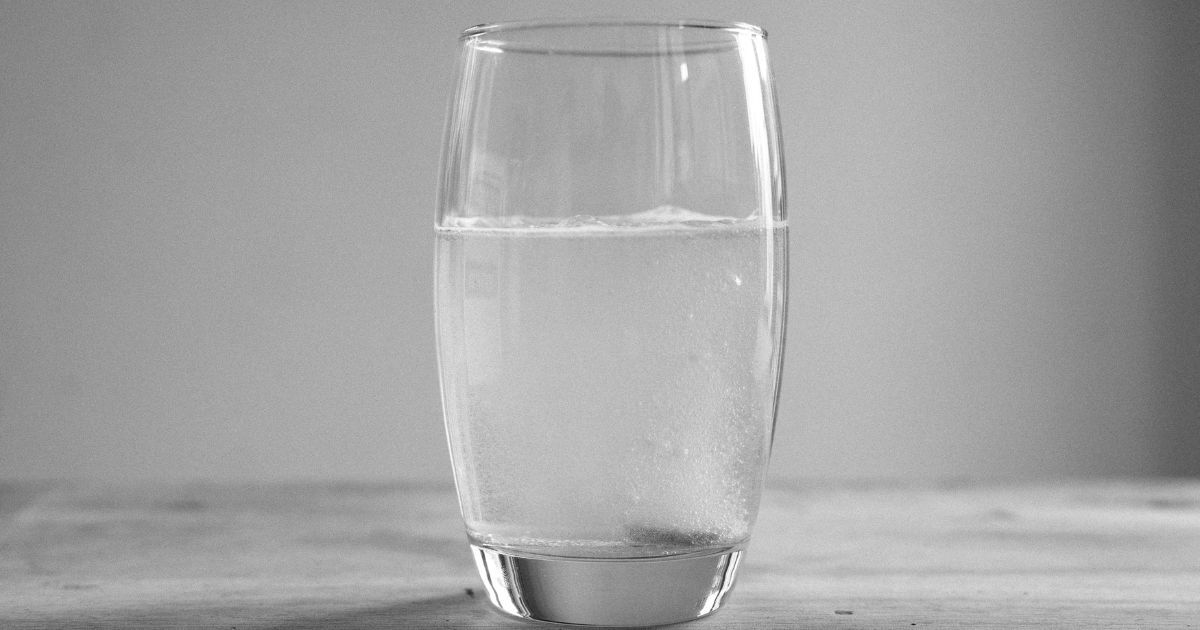
One of the most significant distinctions between Creatine HCL and Monohydrate is their water solubility.
Creatine HCL dissolves more readily in water due to its hydrochloric acid content. This can be advantageous if you prefer a quick and easy mix.
When it comes to absorption rates, both forms are ultimately broken down into creatine phosphate in your muscles.
However, some proponents of Creatine HCL suggest that its improved solubility may lead to faster absorption. Scientific studies have explored this aspect, and we'll delve into that shortly.
Dosage and Recommended Usage
Dosage recommendations for Creatine HCL and Monohydrate can vary, but here's a general guideline:
- Creatine Monohydrate: A common loading phase involves taking around 20 grams per day for 5-7 days, followed by a maintenance dose of 3-5 grams per day.
- Creatine HCL: Due to its enhanced solubility, Creatine HCL typically requires smaller doses. A common recommendation is around 1.5 to 2 grams per day, with no loading phase necessary.
Potential Side Effects and Gastrointestinal Discomfort

Creatine supplementation is generally safe, but some individuals may experience side effects, particularly with Creatine monohydrate supplements.
Common issues include bloating, cramping, and gastrointestinal discomfort. These symptoms are often associated with the higher doses used during the loading phase.
So, if you want a creatine supplement without the potential side effects, you might want to consider Creatine HCL, which is reported to cause less gastrointestinal discomfort in some individuals.
The Debate: Which is the Better Form of Creatine?
Now, let's tackle the million-dollar question: Which form of creatine is better for you? The answer isn't one-size-fits-all and depends on various factors.

Analyzing Peer-reviewed Studies and Scientific Evidence
When making your decision, it's essential to consider the scientific evidence available.
Both Creatine HCL and Monohydrate have demonstrated their effectiveness in enhancing muscle size, strength, and exercise performance.
However, the specific advantages of one over the other remain a subject of ongoing research.
Considering Individual Factors
Your choice should also align with your unique circumstances. Here are some factors to ponder:
- Exercise Type: Are you primarily engaging in high-intensity, short-duration activities, or do you have a more varied workout routine?
- Body Composition Goals: Are you focused on building muscle, improving endurance, or both?
- Personal Preferences: Do you prefer a supplement with quick water solubility, or are you comfortable with traditional Creatine Monohydrate mixing?
Practicality and Convenience of Each Form
Finally, practicality and convenience play a role in your decision. If you value easy mixing and potentially reduced gastrointestinal discomfort, Creatine HCL might be your top pick.
On the other hand, if you're comfortable with the tried-and-true Creatine Monohydrate and don't mind the occasional clumps in your pre-workout shake, it remains a solid choice.
Other Forms of Creatine
As we near the conclusion of our exploration into Creatine HCL and Monohydrate, it's worth mentioning that there are alternative forms of creatine available.

While Creatine HCL and Monohydrate are the most widely researched and commonly used, a few other creatine variants exist.
Let's briefly touch on these alternatives and highlight any significant differences.
Brief Mention of Alternative Creatine Forms
1. Creatine Citrate: This form combines creatine with citric acid, which may enhance absorption. However, it's less prevalent in supplements and has limited research to support its efficacy.
2. Creatine Magnesium Chelate: Creatine is bonded with magnesium in this variant. Magnesium is an essential mineral for muscle function, and this form aims to improve creatine's bioavailability. It's relatively new, and research is ongoing.
3. Creatine Ethyl Ester: Creatine Ethyl Ester is designed to improve creatine's absorption by attaching it to an ester molecule. Despite its potential advantages, research results have been mixed.
Highlighting Any Significant Differences and Limited Research
It's essential to note that these alternative creatine forms have limited scientific backing compared to Creatine HCL and Monohydrate.
While they may offer unique benefits, their effectiveness and safety profiles are less well-established. As such, if you're considering one of these forms, it's advisable to proceed with caution and monitor your response closely.
Bottom Line
In this comprehensive examination of Creatine HCL vs. Monohydrate, we've explored the science behind these popular dietary supplements. Before you decide, here are the key takeaways:
- Creatine's Role: Crucial for energy production during high-intensity activities.
- Creatine Monohydrate: Research-backed form for muscle mass, strength gains, and exercise performance.
- Creatine HCL (Hydrochloride): Offers enhanced water solubility and potential benefits for high-intensity exercise.
- Key Differences: Consider water solubility, dosage, side effects, and preferences when choosing.
- Individual Factors: Let exercise type, body goals, and practicality guide your decision.
Remember, the choice between Creatine HCL and Monohydrate is personal. Both can be valuable additions to your routine.
Consult with a healthcare professional or sports nutritionist before starting any supplementation. Rely on peer-reviewed studies for informed choices.
Thank you for joining us on this journey through creatine supplementation. Empower yourself for your fitness goals.
Before You Go...
